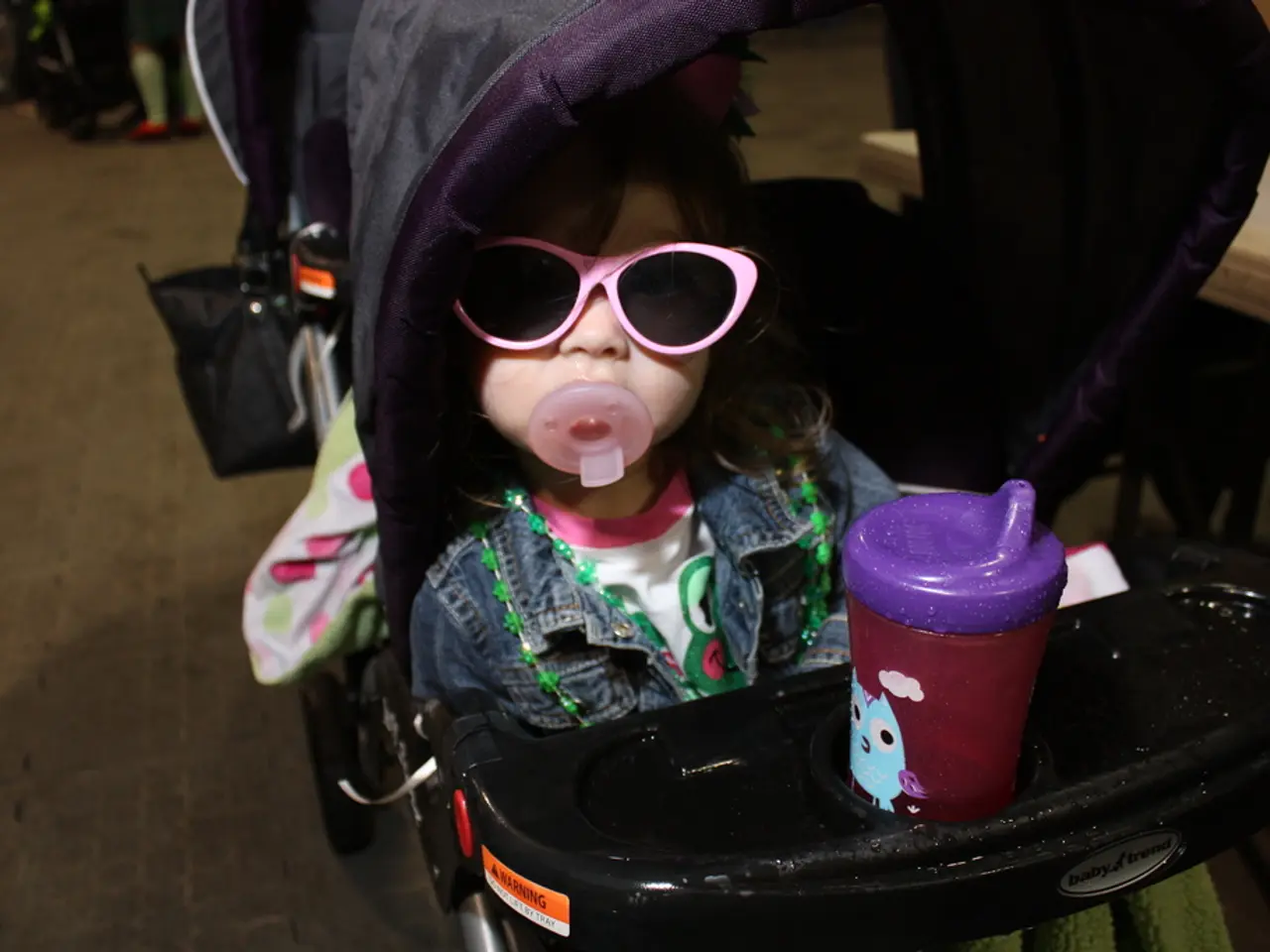Potential hazards from parent-driven school transportation: School commencement in North Rhine-Westphalia under scrutiny
In North Rhine-Westphalia, a striking 50% of parents express concerns about the safety of their children's school journey, yet the practice of parent taxis persists due to convenience, time constraints, and safety perceptions.
Thomas Muther from ADAC sheds light on the issue, explaining that children in primary school age often struggle to properly assess traffic dangers. Their actions, such as getting out of cars directly onto the road or crossing between parked vehicles, can be critical.
Despite these risks, many parents find it easier and feel more responsible for personally ensuring their child's safe arrival at school. This behaviour, however, contributes to increased traffic congestion and accident risk near schools.
To promote independent school journeys for children, various initiatives have been introduced. These include walking buses or supervised group walks to school, awareness campaigns and educational programs, traffic calming measures, and improved infrastructure around schools. Local governments in North Rhine-Westphalia and other regions have been actively encouraging parents to let children develop traveling autonomy to improve road safety and promote children’s independence.
Careless road users, speeding, and potential dangers from strangers are the biggest concerns for parents. However, Thomas Muther from ADAC considers measures like drop-off zones and school streets as a step in the right direction but emphasizes the importance of children safely and independently mastering their school journey.
Parent drop-off zones, set up a little away from schools, are being proposed as a solution by ADAC. These zones allow parents to safely let children out of the car, easing the situation around schools.
About a quarter of parents fear that their child may not properly assess the school journey or may not pay attention. If children walk the last meters to school from drop-off zones, it significantly improves the situation.
Studies show that children who walk to school are not only fitter but also more concentrated in class. The ADAC highlights that promoting children's independent school journey not only increases traffic safety but also positively influences their development.
Despite the recurring issue of parent taxis in the school year 2025/26, 55% of parents favour school streets as a safety measure. The ADAC advocates that children - if possible - make the daily school journey independently to promote social behavior and concentration.
40% of parents who act as parent taxis critically view their behavior but continue due to time pressure, bad weather, or convenience. According to Thomas Muther, children who walk to school also display improved social behavior.
While specific 2025 local initiatives in North Rhine-Westphalia were not directly cited in the search results, these approaches reflect common and ongoing efforts in Germany to reduce dependence on parent taxis for school trips due to associated safety and environmental concerns. The persistence of parent taxi use is a recognized challenge in balancing convenience, safety perceptions, and efforts to promote independent mobility among children.
Science and health-and-wellness are integral aspects to consider when addressing the issue of parent taxis and children's school journeys. Promoting independent school journeys through walking buses, awareness campaigns, and infrastructure improvements not only enhances traffic safety but also encourages physical activity, which can lead to a healthier, more concentrated student body (science, health-and-wellness). Furthermore, fostering self-reliance among children in navigating their school trips can contribute positively to their social development (health-and-wellness).




